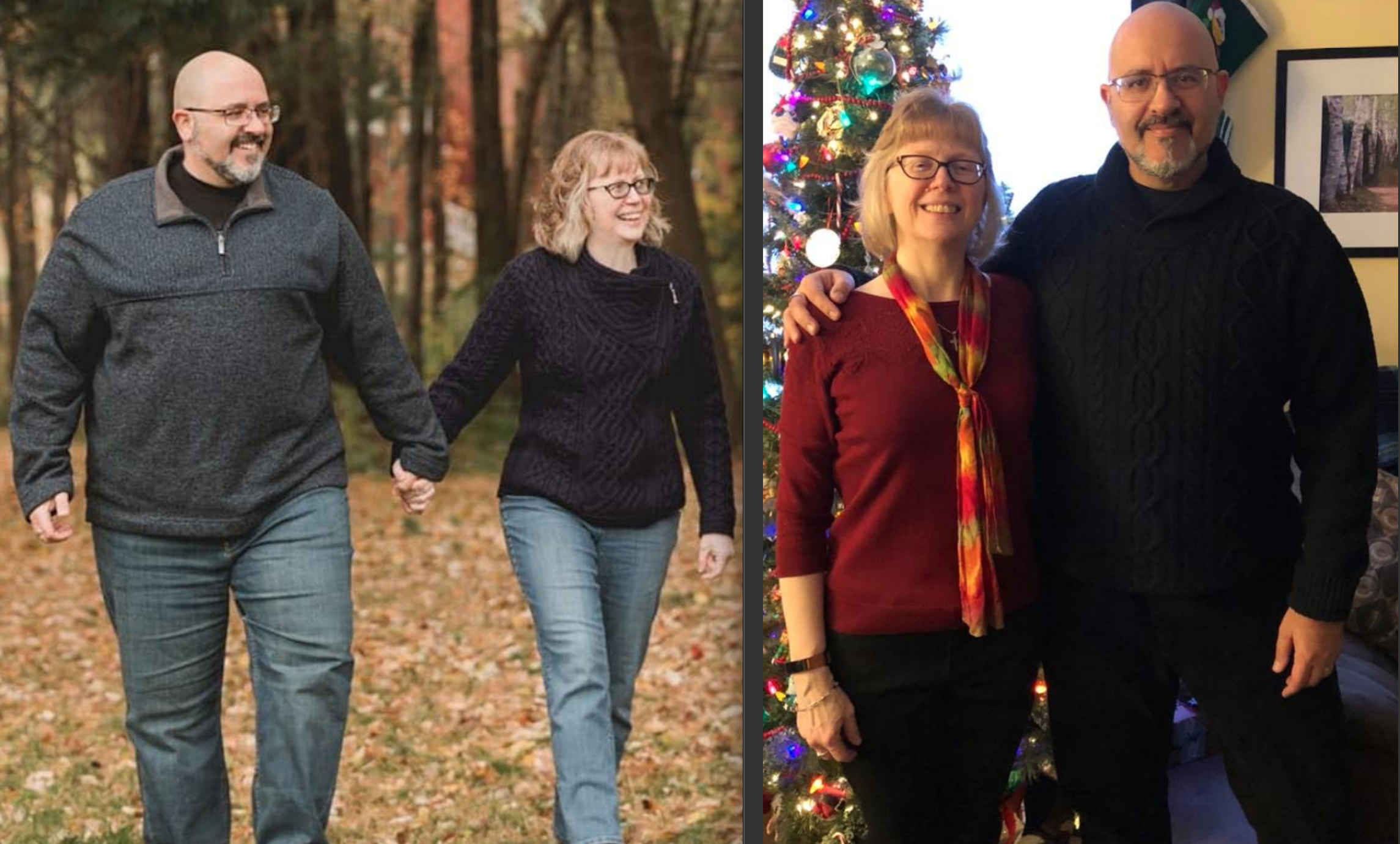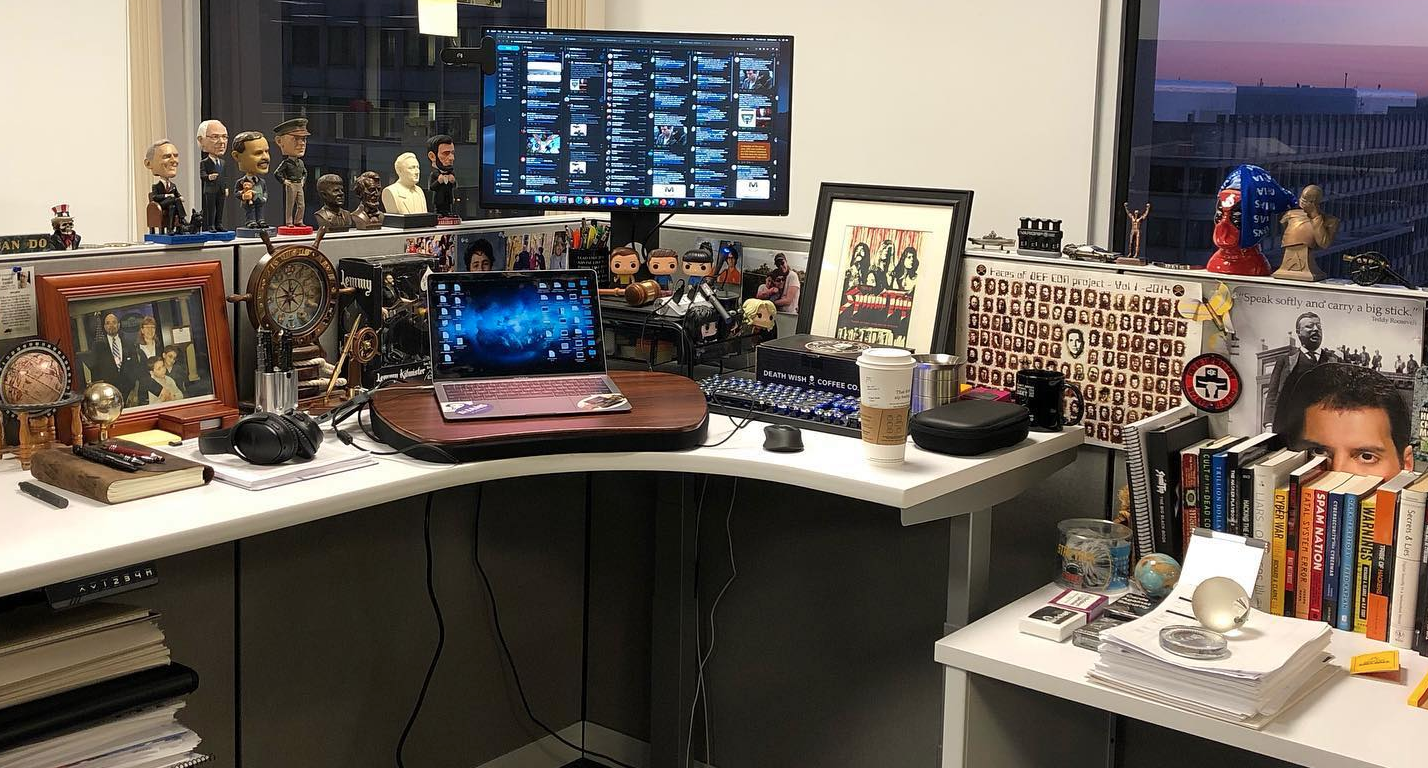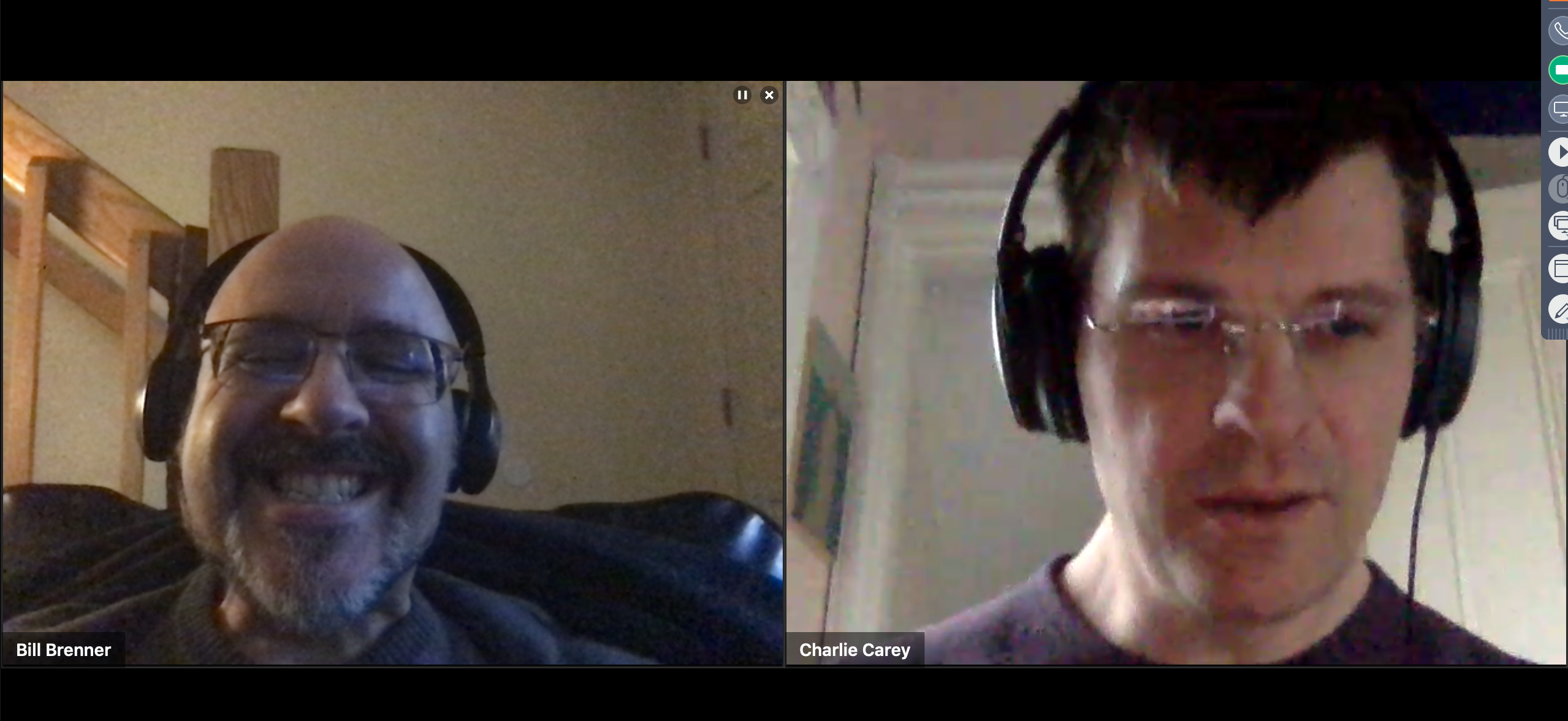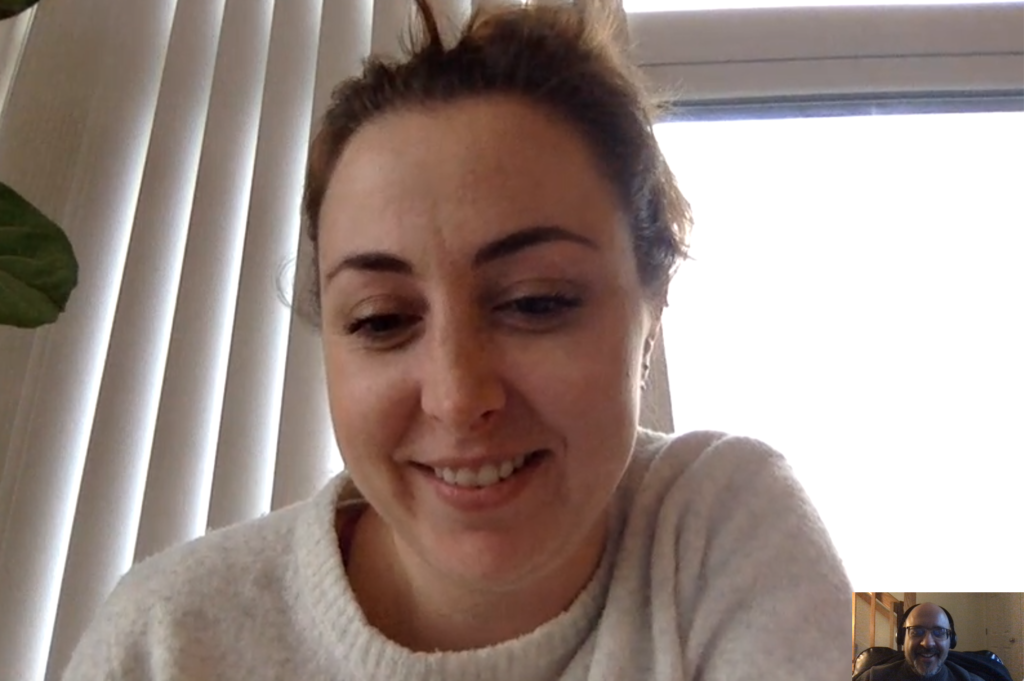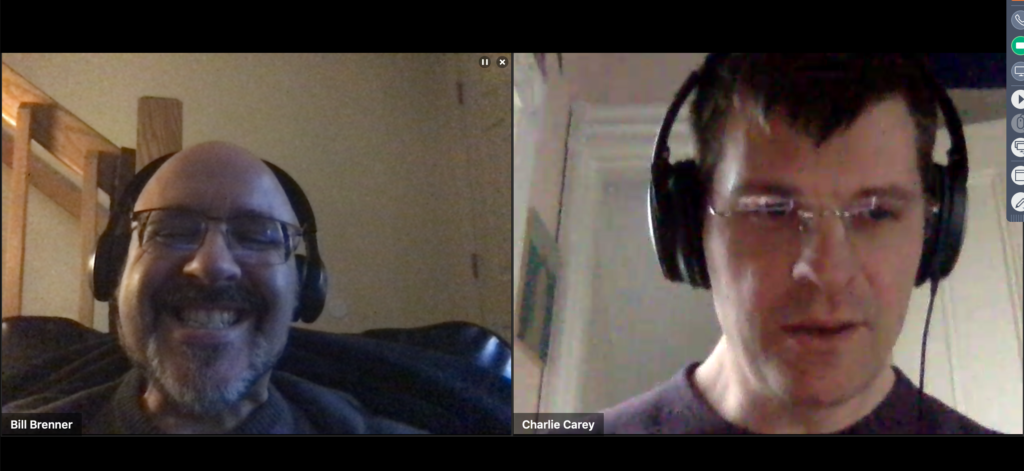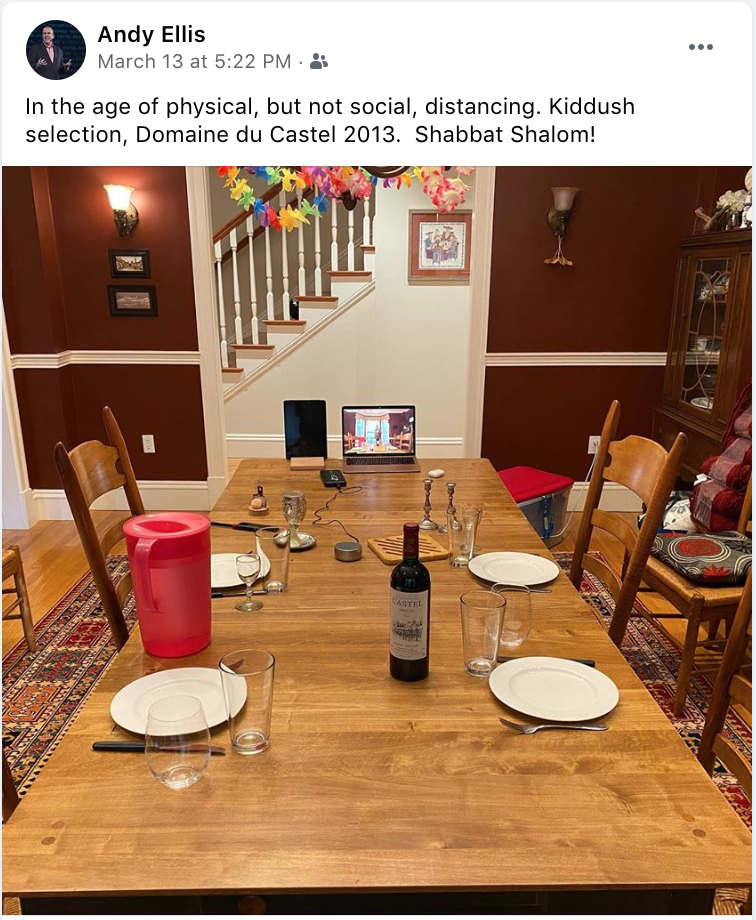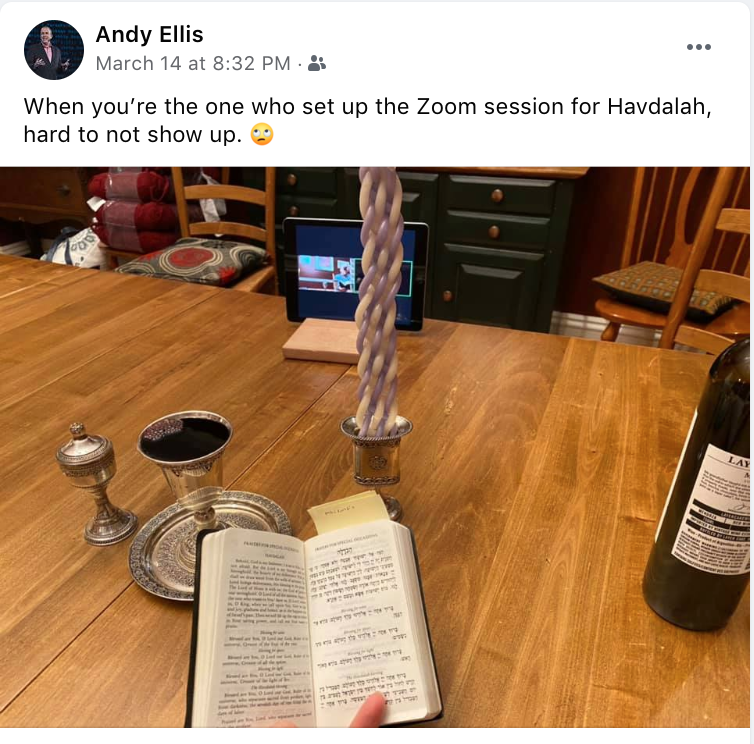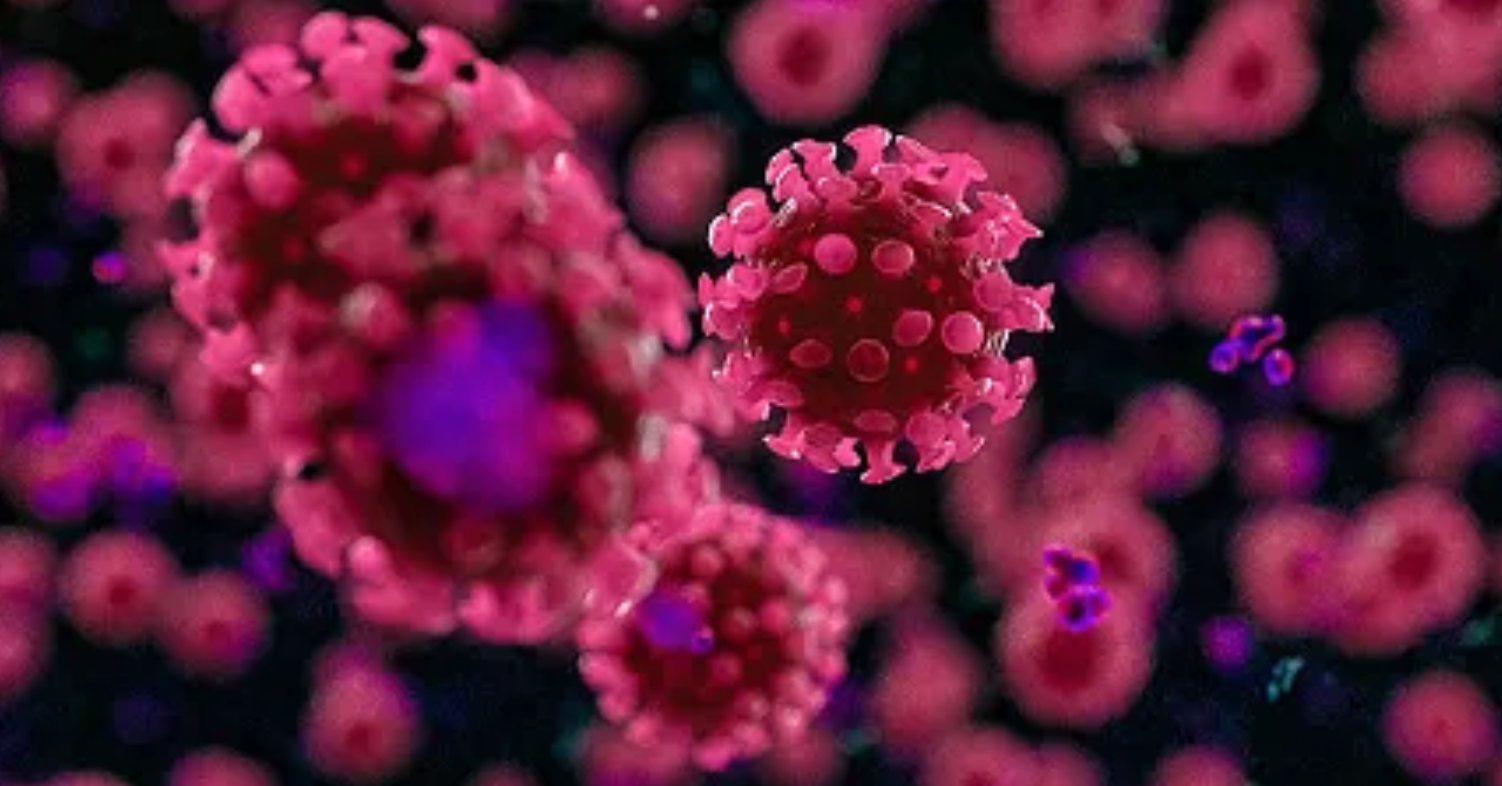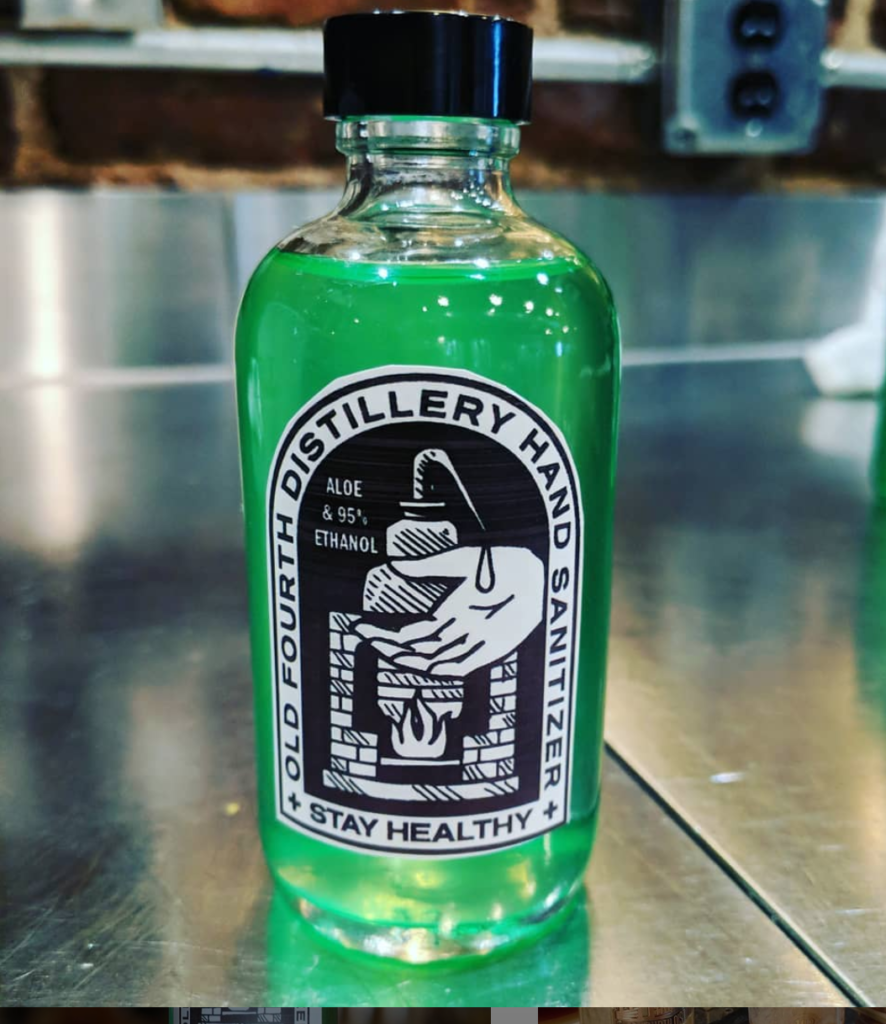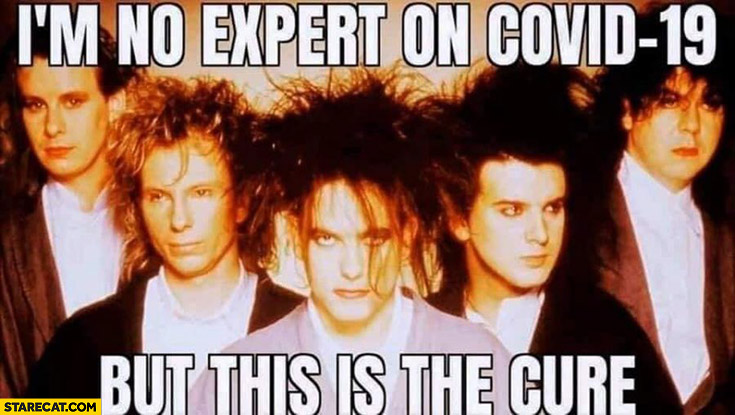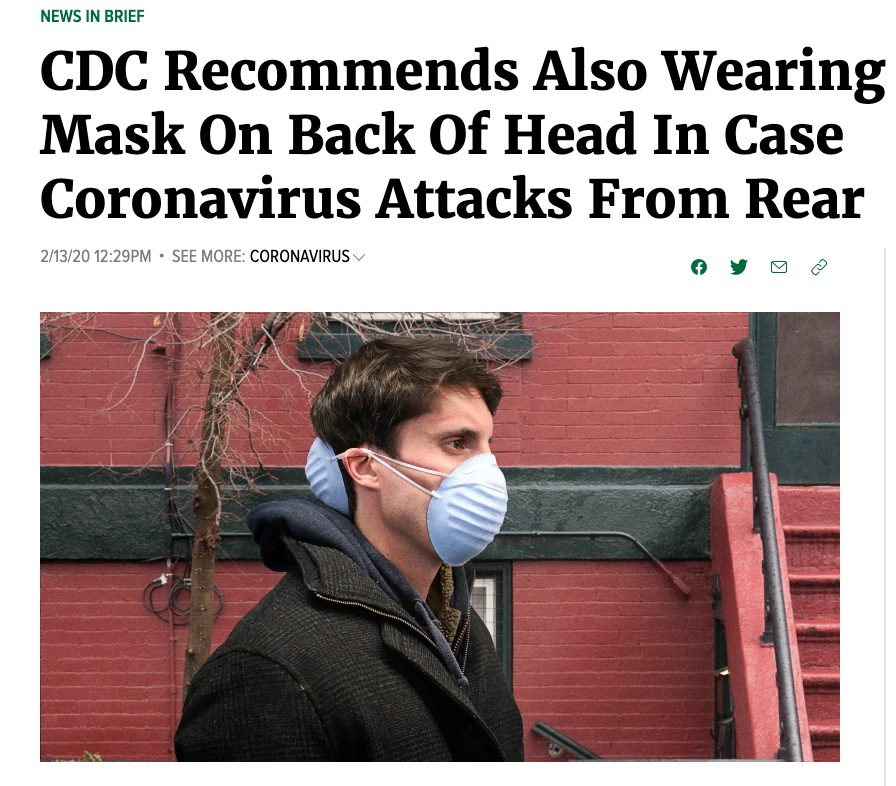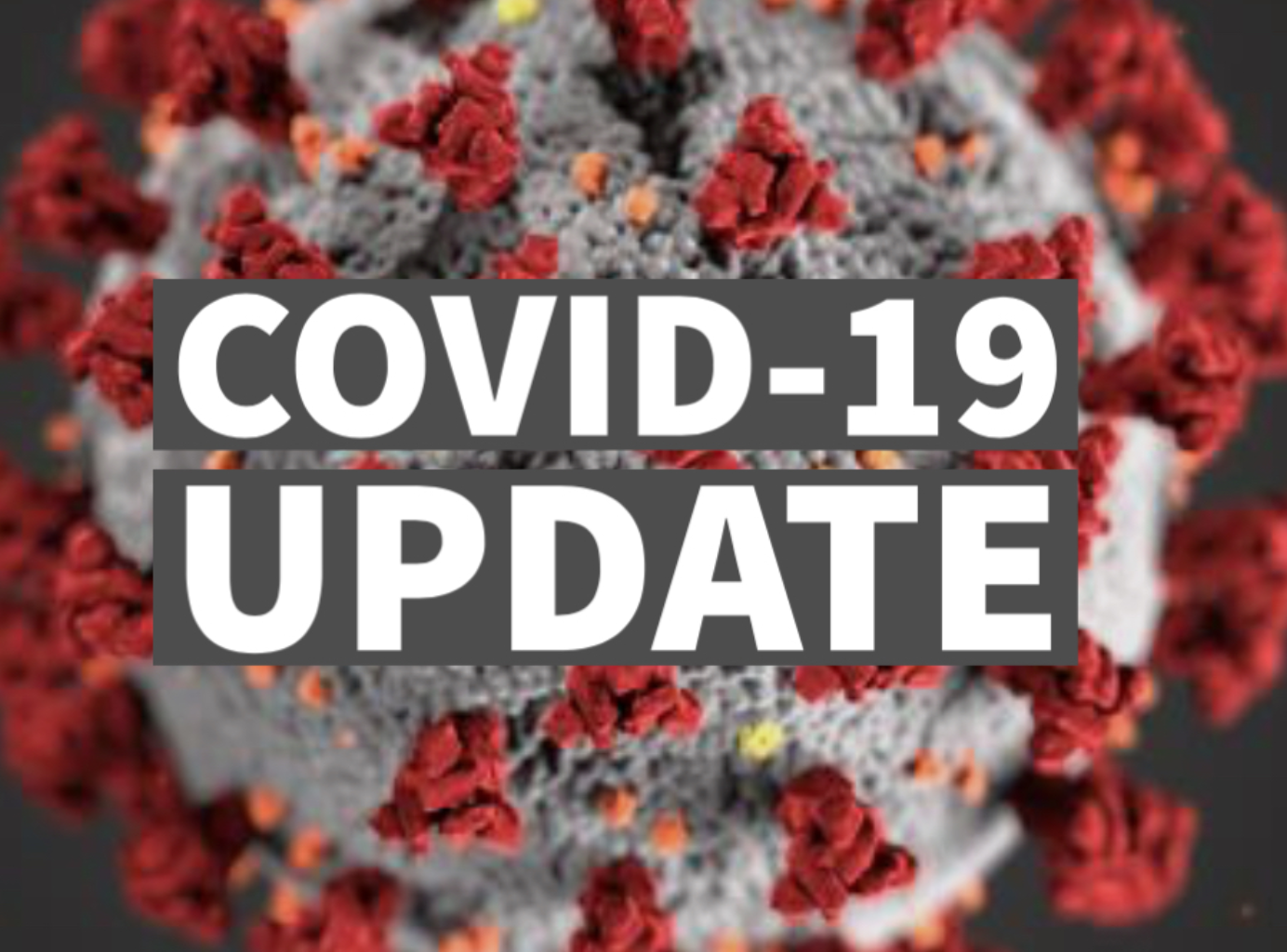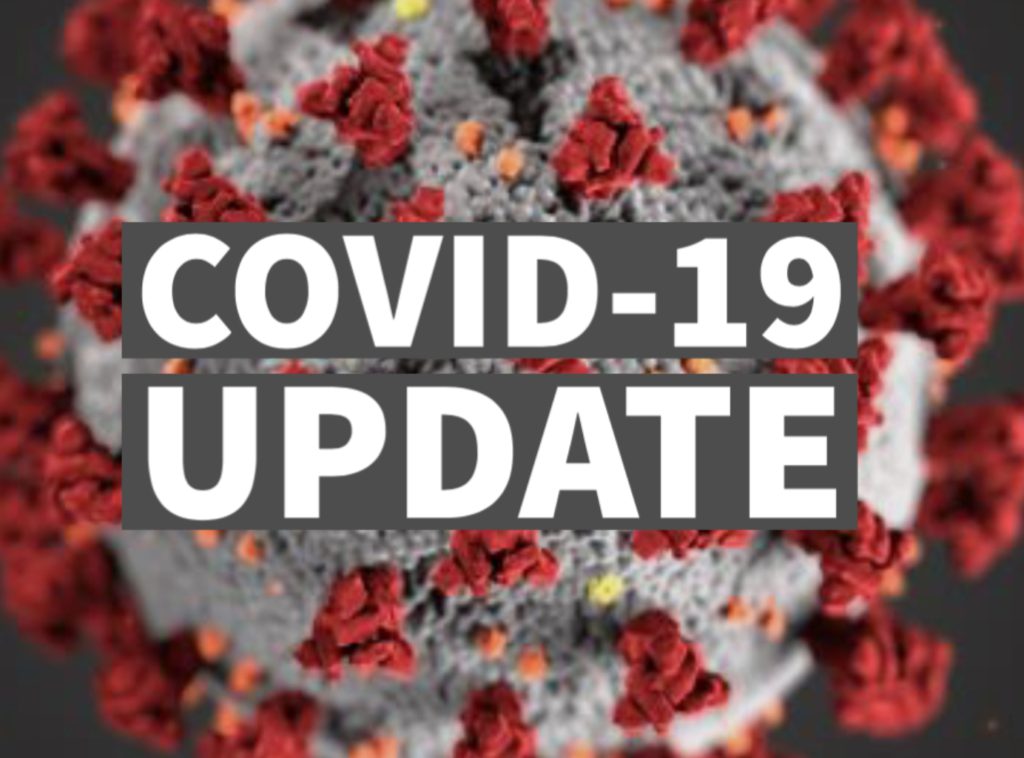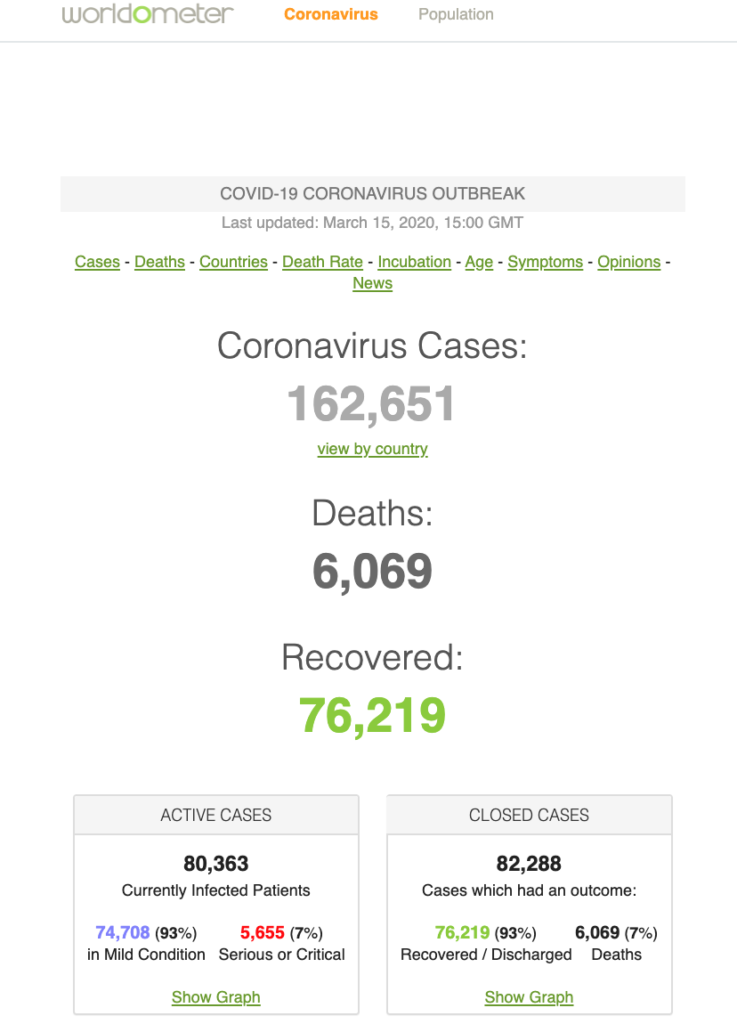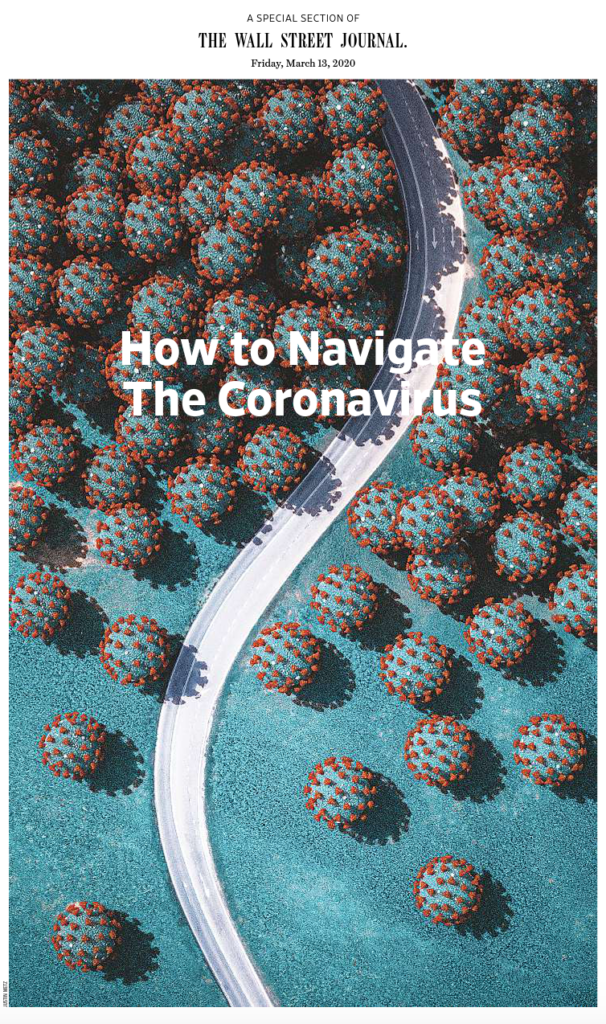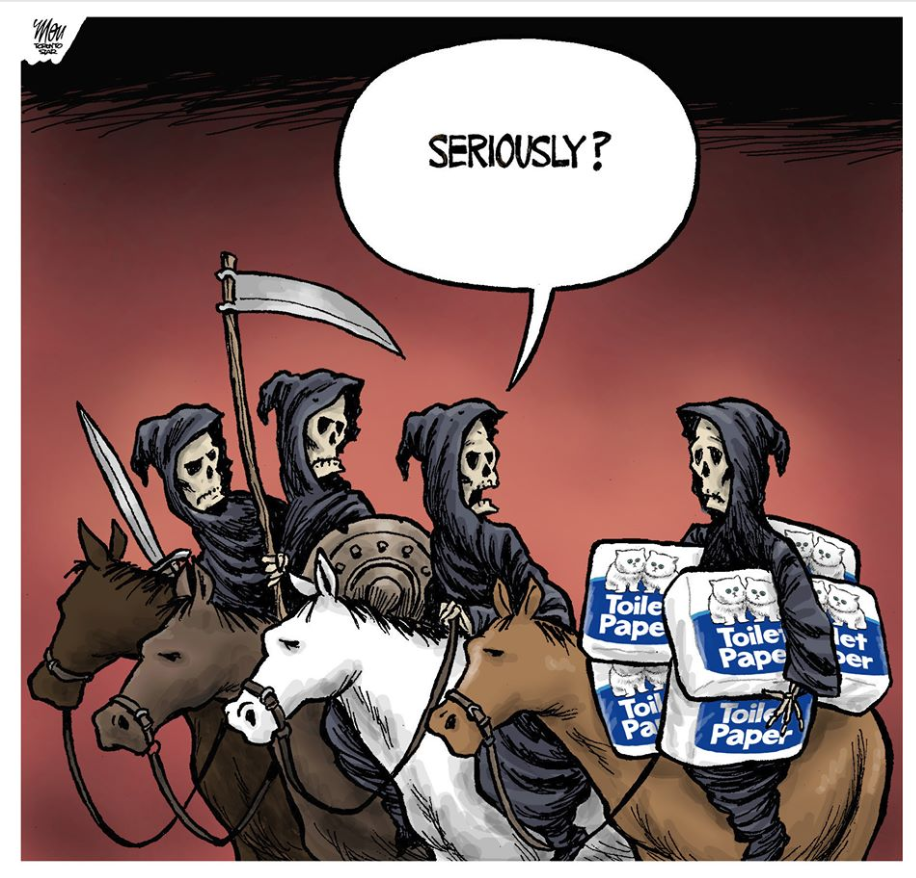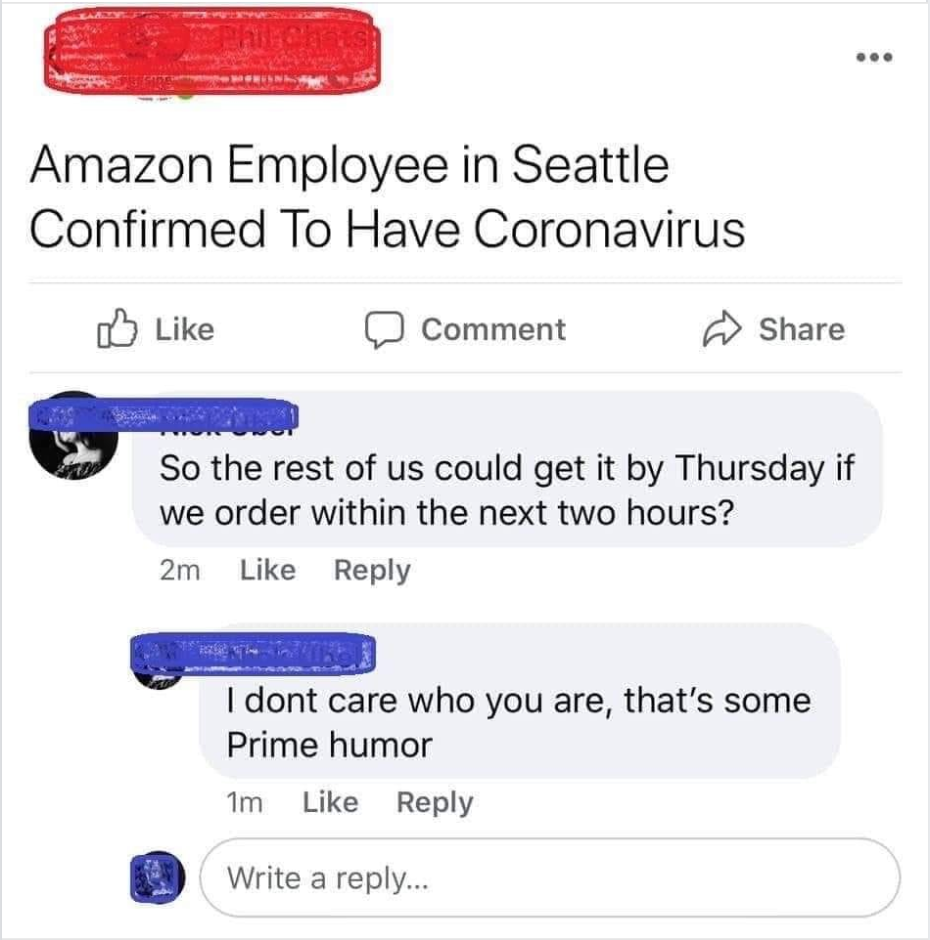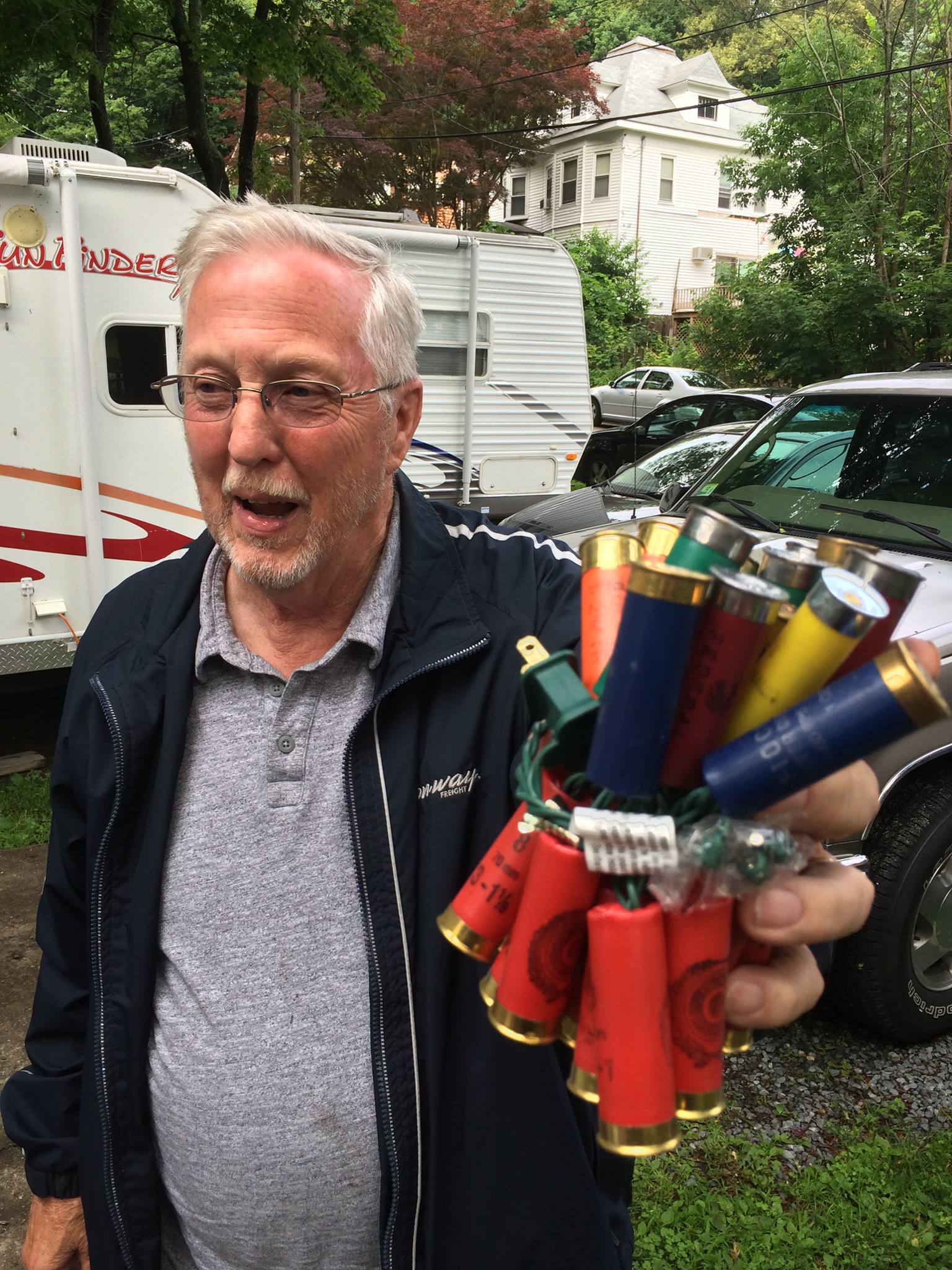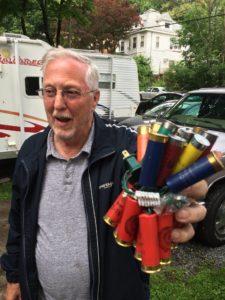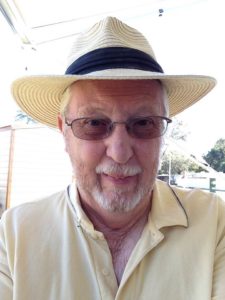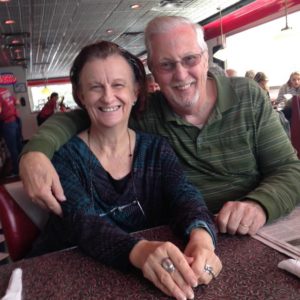There are many things I’m grateful for amid this pandemic. My health is one of them. A year ago, I would have been at much higher risk of catching COVID-19.
Mood Music:
I’m certainly not bulletproof. No one is, based on the limited science we have on COVID-19 at the moment. But mentally and physically, I have much more fight in me.
This time last year, I was hovering around 290 pounds. I was on blood pressure medication, the CPAP was struggling to punch through airways under pressure from a fatty throat and I was getting migraines constantly. Weight-control measures that had worked in the past didn’t cut it anymore, especially the food plan and 12-step program I was following via Overeaters Anonymous (OA), which I wrote a lot about earlier in the history of this blog.
My experience is not a condemnation of OA or anything else that works for others. Many people need a 12-step program when addictive behavior is the root of their pain. It simply didn’t work for me. OA felt too much like a cult. I don’t like answering to people on a good day (except my wife), so calling a sponsor every day to report on everything I’d be eating didn’t work. I abandoned the program but kept the food plan and didn’t replace it with something better suited to my needs.
My health slid down and my weight shot up. It took me seven years to find something that worked better. My body paid a price in the meantime, as did everyone around me.
I had less energy, less patience, and a lot less clarity of mind. I fell into more frequent bouts of deep depression.
By May 2019, I hit bottom. My wife had found success using the Noom app and tracking her daily steps with a Fitbit, so I decided to give those things a try.
The combination has worked out because it’s allowed me to use data to manage my behavior. The numbers on the Fitbit tell me when I’m not moving around enough and compels me to get up and take walks. Noom allows me to track my calorie intake throughout the day to stay in check and has helped me make better food choices though its green-yellow-red classification system.
Using that simple combination, I’m down to 213 pounds — my lowest weight in more than a decade. I can’t remember the last time I suffered a migraine. I fit in airplane seats comfortably again (not that it matters at the moment), and I’m not getting winded every time I walk a few steps uphill. I’m at the point where I can maintain my weight and be in fighting form. I’m going to 210 just for the hell of it.
I had to turn things around under normal circumstances. That I have maintained it amid this unprecedented global crisis makes me feel grateful and lucky.
Life is always hard. Better to have more strength for the fight.
That may be obvious, but it’s not always easy to follow. Times like these show us that we must try harder.

